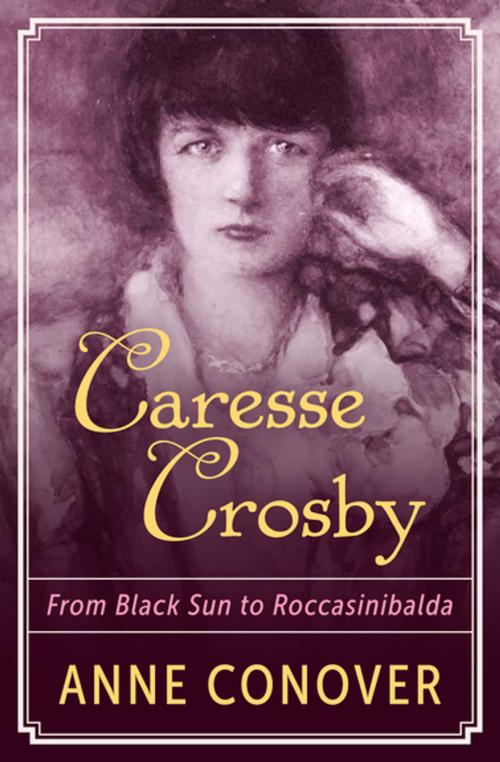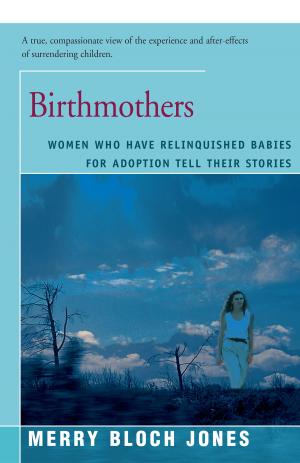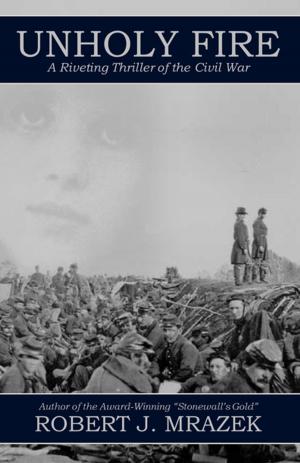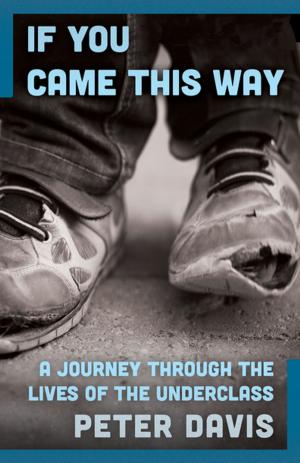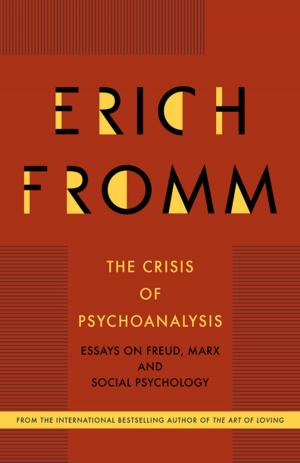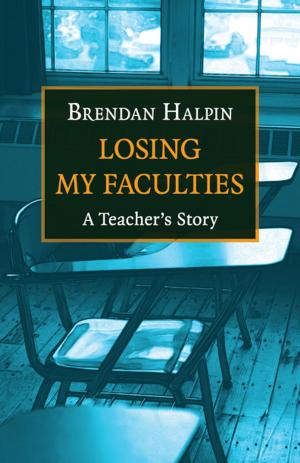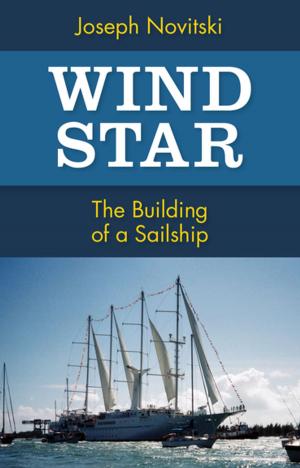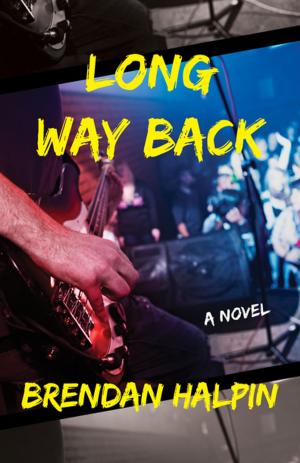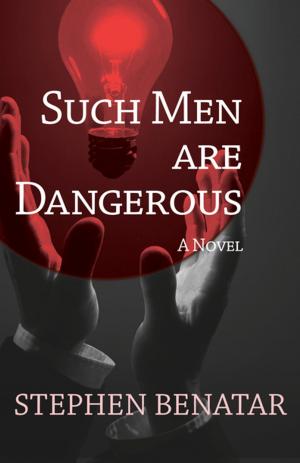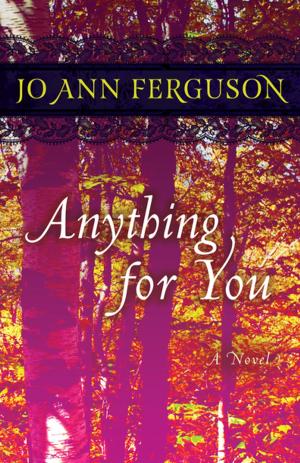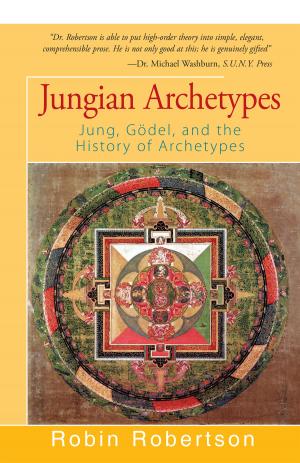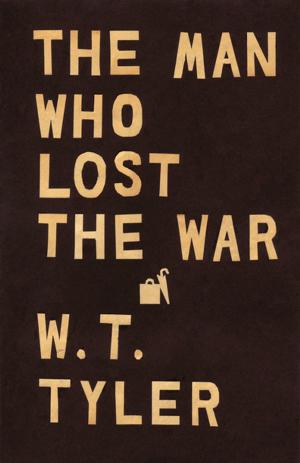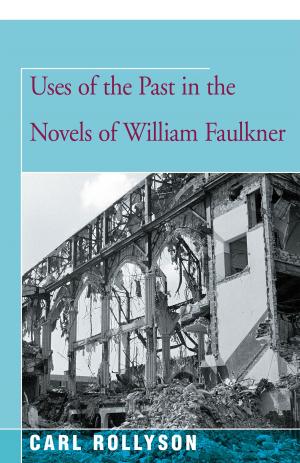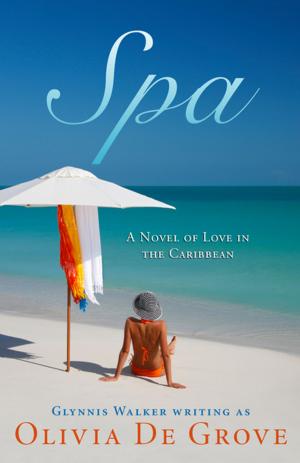Caresse Crosby
From Black Sun to Roccasinibalda
Biography & Memoir, Artists, Architects & Photographers, Nonfiction, Art & Architecture, Historical| Author: | Anne Conover | ISBN: | 9781504040662 |
| Publisher: | Open Road Distribution | Publication: | February 27, 2018 |
| Imprint: | Open Road Distribution | Language: | English |
| Author: | Anne Conover |
| ISBN: | 9781504040662 |
| Publisher: | Open Road Distribution |
| Publication: | February 27, 2018 |
| Imprint: | Open Road Distribution |
| Language: | English |
An exciting figure among the avant-garde of Paris in the 1920s, Caresse Crosby is little known today. She and her husband Harry founded the Black Sun Press, early publishers of such titans as Ernest Hemingway, F. Scott Fitzgerald, D. H. Lawrence, Ezra Pound, and James Joyce. This flamboyant chapter of her life ended when Harry and his lover shot themselves in a sensational suicide pact. Caresse was thirty-six. Ever resilient, Caresse lived and loved another forty years, consorted with some two hundred lovers, married again, and established a refuge in Virginia for uprooted artists like Salvador Dali and Henry Miller. In response to the atom bomb, she declared herself a citizen-of-the-world and organized Women Against War, furthering a worldwide peace movement. In her later years, she bought a feudal castle in Italy—“Castello de Rocca Sinibalda”—to provide a home for artists and pacifists. She died there in 1970.
An exciting figure among the avant-garde of Paris in the 1920s, Caresse Crosby is little known today. She and her husband Harry founded the Black Sun Press, early publishers of such titans as Ernest Hemingway, F. Scott Fitzgerald, D. H. Lawrence, Ezra Pound, and James Joyce. This flamboyant chapter of her life ended when Harry and his lover shot themselves in a sensational suicide pact. Caresse was thirty-six. Ever resilient, Caresse lived and loved another forty years, consorted with some two hundred lovers, married again, and established a refuge in Virginia for uprooted artists like Salvador Dali and Henry Miller. In response to the atom bomb, she declared herself a citizen-of-the-world and organized Women Against War, furthering a worldwide peace movement. In her later years, she bought a feudal castle in Italy—“Castello de Rocca Sinibalda”—to provide a home for artists and pacifists. She died there in 1970.
